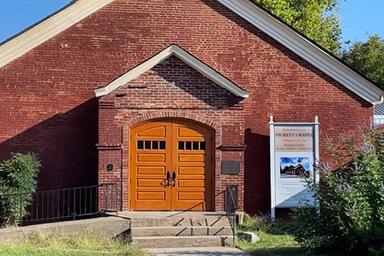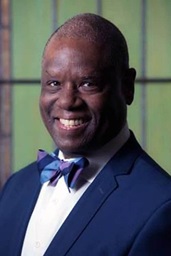Useful links
African-Americans are a vital part of the tapestry of The United Methodist Church. They have played important roles in the development of the denomination in the United States since 1758.
A service of appreciation at the 2004 General Conference celebrated African-American contributions, witness, and presence within the denomination and recognized “those who stayed” in spite of racism.
Today Black Methodists for Church Renewal represents more than 2,400 black United Methodist congregations and approximately 500,000 African-American members in the United States.
Like what you're reading? Support the ministry of UM News! Your support ensures the latest denominational news, dynamic stories and informative articles will continue to connect our global community. Make a tax-deductible donation at ResourceUMC.org/GiveUMCom.




